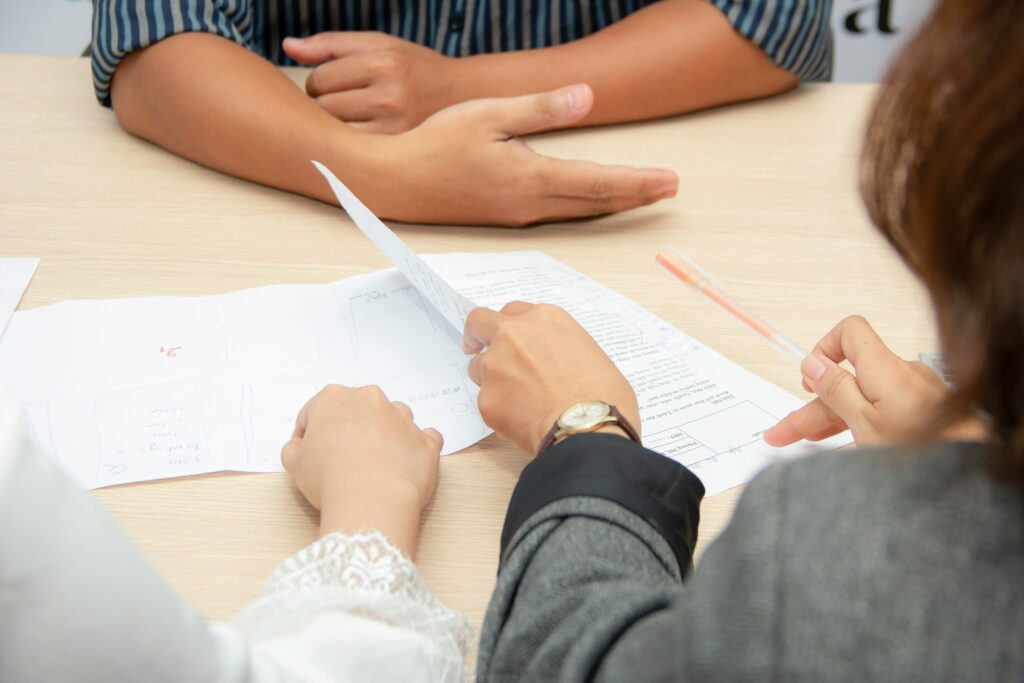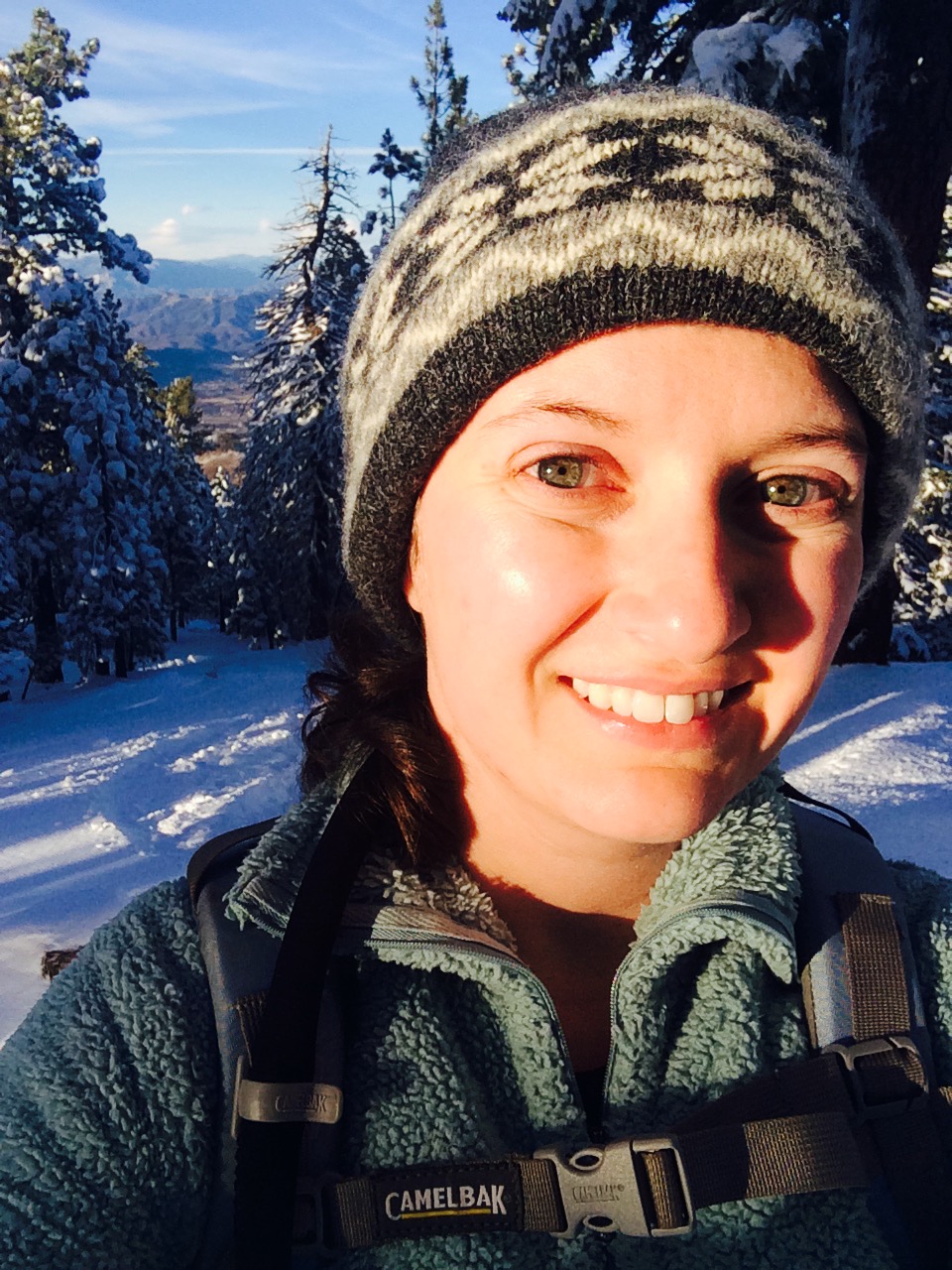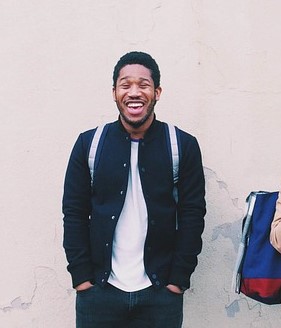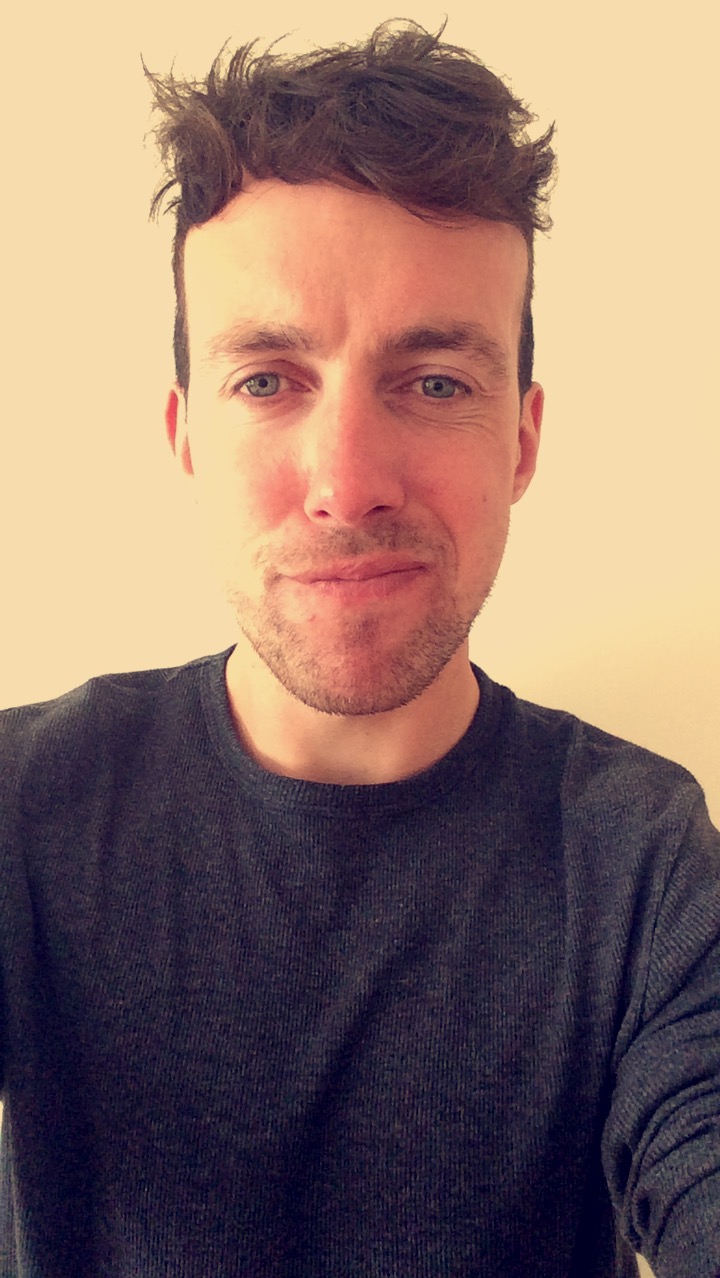How to Prepare for Your Visa Interview

Visa interviews are likely the most daunting part of the immigration process. Regardless of whether you're applying for a student visa, work visa, tourist visa, or residency, that one-on-one interview with an immigration officer typically determines what comes next. As a company who has guided many clients through this process, we're sharing concrete advice to have you ready for your visa interview.
Understanding the Purpose of Visa Interviews
An Immigration Officer's job is to verify your eligibility and establish whether you will abide by the terms of your visa.
They wish to ascertain that:
- Your papers are genuine
- Your purpose of travel is consistent with the category of visa you've applied for
- You genuinely intend to go back home (in the case of temporary visas)
- You meet all the financial, educational, or vocational requirements
- You do not pose security or health risks
Having this perspective in mind helps you work out your preparation strategy and reduces unnecessary stress.
Before the Interview:
Familiarize Yourself with Your Application
Re-read your entire application carefully. You should feel comfortable to discuss any part of it without hesitation. These are:
- Travel dates for previous visits
- Academic background
- Work experience
- Specific details about your planned activities in the country of visit
If it's been months since the application, go back and read what you wrote. Discrepancies between your application and interview answers are red flags.
Research Visa-Specific Requirements
Different types of visas have different areas of interest. For example:
- Student visa interviews typically emphasize your proposed studies, financial ability to pay, and contacts in the country of origin
- Work visa interviews typically focus on your credentials, specifics of the job offer, and technical expertise
- Tourist visa interviews concentrate on your travel plans, financial means, and reasons for returning home
Find the program-specific requirements for your visa category and prepare accordingly.
Gather and Arrange Your Documents
Create a comprehensive document portfolio, even if some weren't specifically required:
- Passport and application confirmation
- Supporting financial documents (sponsorship letters, bank statements)
- Educational credentials
- Employment verification
- Travel plan
- Accommodation information
- Invitation letters as necessary
- Evidence of ties to your home country (property ownership, family obligations, employment contract)
Order these documents sensibly in a tabbed or logically labeled folder to access them conveniently.
What to Anticipate and How to Respond
Typical Questions to Plan For
Though questions vary per visa category and personal circumstance, prepare thoughtful responses to these generally asked questions:
For all types of visas:
- Why do you want to visit [destination nation]?
- For how long do you plan on staying?
- Did you ever get to visit this nation?
- Do you have relatives living in this country?
For student visas:
- Why did you choose this specific school and program?
- How does the program fit your career objectives?
- How will you finance your education?
- What are your plans following graduation?
For work visas:
- Describe your working experience and qualifications
- What exactly will you be doing in this position?
- Why are you qualified for this job?
- What are your long-term career goals?
For tourist visas
- What is the purpose of your visit?
- What places do you plan to visit?
- Where will you be staying?
- How are you financing this trip?
Communication Tactics
How you say it is as important as what you say:
- Offer concise, direct answers to the question
- Speak clearly but not robotically
- Tell the truth—lies and inconsistent responses can result in instant rejection
- If you have a question that you do not understand, ask for clarification politely
- Have appropriate eye contact and professional bearing
- Answer in complete sentences, not one-word answers
Proving Close Ties to Your Home Country
In the situation of temporary visas, convincing the officer you will return home is often the most intimidating hurdle. Prepare to discuss:
- Current employment you'll return to
- Domestic responsibilities at home
- Property or business interests you own
- Long-term arrangements requiring your return
- History of travel record showing you've been careful with visa requirements
Submit supporting documents for any claim of these ties.
Interview Day: Practical Considerations
Making a Good First Impression
- Dress professionally as you would for a job interview
- Arrive at least 30 minutes early to enable security procedures
- Take only what is required for the interview
- Switch off your mobile phone when entering
- Treat all those you encounter with courtesy, including the security personnel and the administrative personnel
Coping with Anxiety
Some nervousness is normal, but extreme anxiety can affect your performance:
- Practice deep breathing techniques before your interview
- Practice and rehearse your responses to potential questions with a friend
- Remember that the officer is deciding your admissibility, not evaluating you as an individual
- Focus on communicating effectively rather than getting correct answers
- Get a good night's sleep beforehand
Following the Interview: What You Can Expect
What to Expect from the Outcome
In most cases, visa interviews will end in one of three outcomes:
- Approval: Your visa is approved, and you will receive instructions for passport pickup
- Additional processing: Further information or security checks are needed
- Denial: Your application is denied with a particular reason code
If you need to submit your application for further processing, read instructions carefully and return required information promptly.
If Your Visa Is Denied
A denial can be disappointing but need not be the end:
- Carefully peruse the grounds for denial
- Determine whether you can close the issue through additional documentation
- Determine whether reapplying with stronger evidence is appropriate
- Consult with an immigration specialist over your alternatives
- Some refusals can be appealed depending on the country and visa type
Final Thoughts
By being aware of what the officer is looking for, being well prepared with documents, practicing answers, and being professional, you're in a very good position. Have confidence in your preparation, remain calm, and answer truthfully—these are the keys to successful visa interviews.
At Alliance Visas, we realize that processing a visa may be a terrorizing experience. Therefore, we've made it our duty to ensure your migration as convenient and stress-free as possible. We have immigration experts who are qualified to assist their clients in undertaking every step within the visa application process.
Get in touch with Alliance Visas today.















